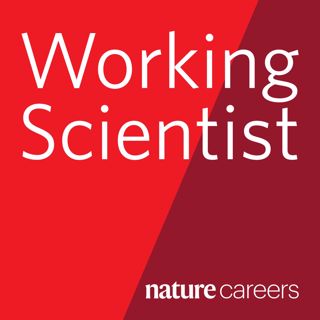Om avsnittet
Watching documentaries about the Titanic inspired deep-sea microbiologist Beth Orcutt to study life at the bottom of the ocean - a world of ‘towering chimneys, weird shrimp and octopus nurseries’ that she has visited 35 times.But Orcutt says there is so much we still don't know about the deep sea, which is a problem for the sustainable development of this environment. Orcutt works at Bigelow Laboratory for Ocean Sciences in Boothbay, Maine, where her research helps to understand how deep-sea mining might impact unique ocean communities.Research on similarly destructive activities, such as deep-sea trawling, show decades-long recovery times for keystone species such as corals and sponges, or in some cases no recovery at all.Orcutt works through the Crustal Ocean Biosphere Research Accelerator (COBRA) project funded by the US National Science Foundation to bring academics, policymakers and science communicators together to accelerate research about the deep sea and translate that knowledge for decision makers.This is episode 14 of How to Save Humanity in 17 Goals, a Working Scientist series podcast that profiles scientists whose work addresses one or more of the SDGs. Orcutt's work addresses Sustainable Development Goal number 14: to conserve and sustainably use the oceans, seas and marine sources.Episodes 13–18 are produced in partnership with Nature Sustainability, and introduced by Monica Contestabile, its chief editor.This episode ends with a sponsored slot from La Trobe Institute for Sustainable Agriculture and Food in Melbourne, Australia, where we hear about how its researchers are focusing on the SDGs and the university’s holistic approach to food security. Hosted on Acast. See acast.com/privacy for more information.
Senaste avsnitten

How we slashed our lab’s carbon footprint

Meet the retired scientists who collaborate with younger colleagues

A dumpster full of mercury and other things to avoid: lab closures made simple

Pension planning and psychosocial support: how institutions can help academics at the late career stage

“Who am I if not a scientist?” How to find identity and purpose in retirement

Choose your own adventure: navigating retirement after an academic career

The last few miles: how to prepare for the late-career stage in science

Counting the cost of fashion’s carbon footprint

